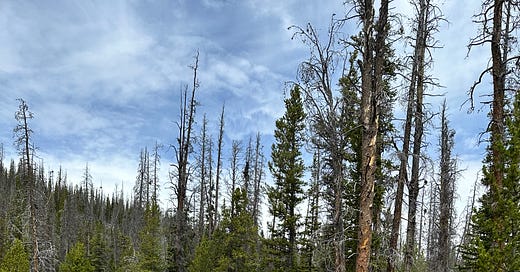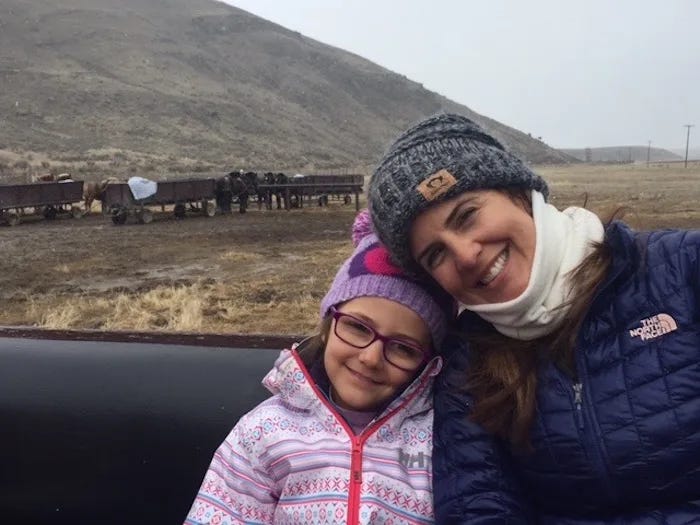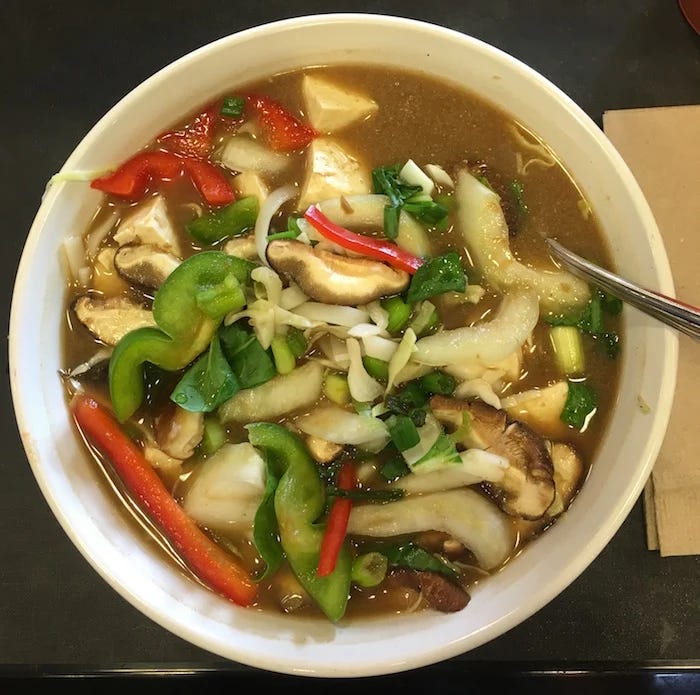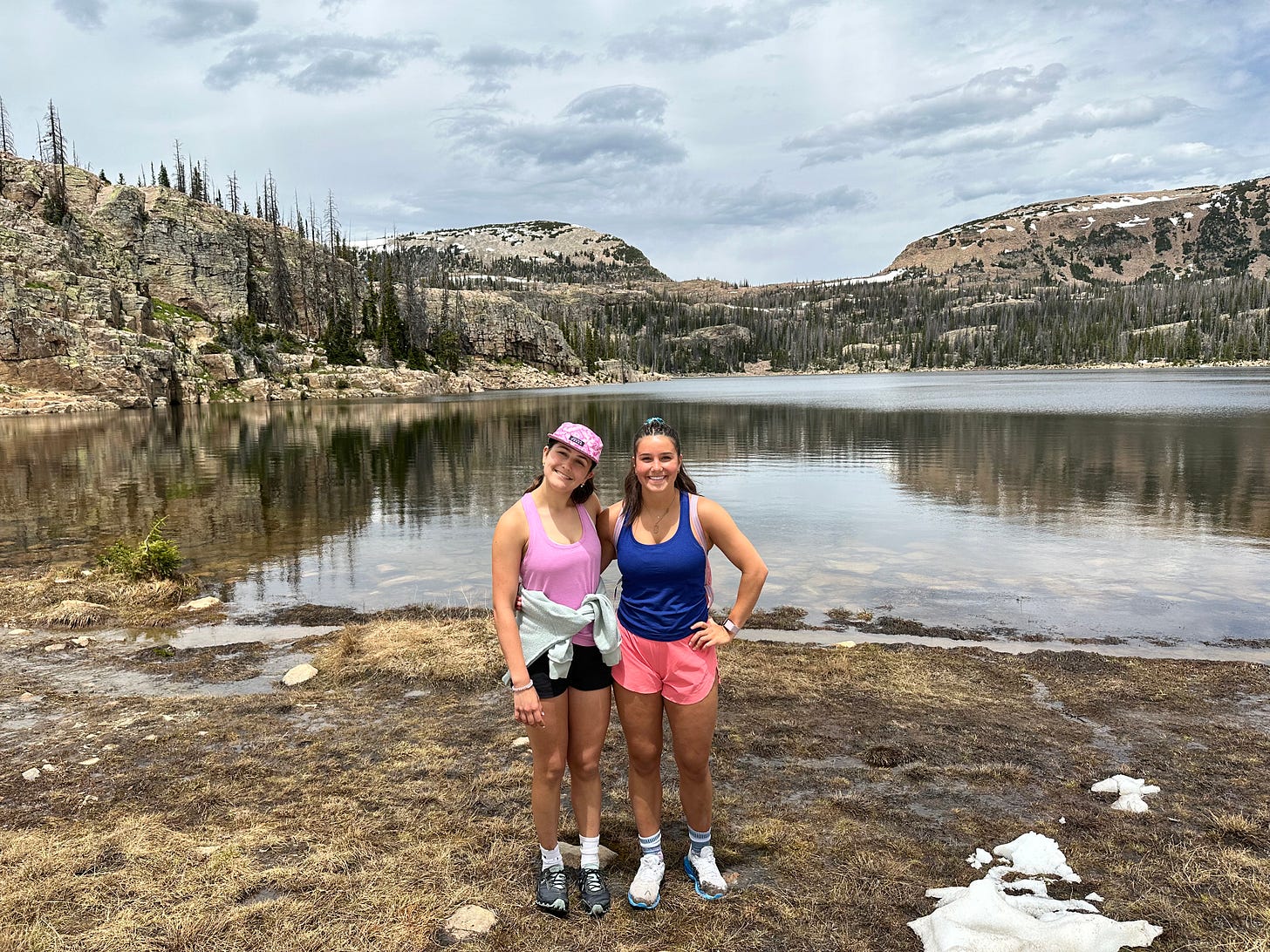Peak Performance: Staying Healthy at Elevation (for Moms and Their Mountain Crews)
Smart strategies to prevent altitude sickness—whether you're skiing, hiking, or adventuring above 8,000 feet.
I’m headed to Portillo in a few weeks to enjoy some summer skiing in South America. I’m starting to ramp up my hydration to get ready for the elevation. Years ago, I had a nasty run-in with elevation sickness. I was coming off a few intense weeks of work and arrived in Jackson Hole tired and dehydrated. Even though Jackson’s base area is at a relatively LOW elevation of 6,311 feet, I was still whalloped. I was ill for the first two days and missed out on a lot of family fun because I wasn’t prepared. While I bounced back pretty quickly with rest, hydration, and good food choices, I learned a lesson: I need to take mountain travel seriously.
What is AMS?
Acute Mountain Sickness (AMS) is common over 8,000 feet. It can feel like the flu OR it can be life-threatening—and all the ski moms out there need to take it seriously. Symptoms of mild AMS may include:
Headache
Dizziness
Fatigue
Nausea and/or vomiting
Shortness of breath
Lack of appetite
Disturbed sleep
General feeling of malaise
While none of these symptoms sound like fun, they are all pretty easy to survive. But AMS can be serious. According to the experts, it can cause fluid to leak from capillaries and build up in the lungs and brain. You should start taking Acute Mountain Sickness more seriously if symptoms intensify or persist beyond mild discomfort, especially within the first 24–72 hours at altitude. Remaining at altitude without proper treatment can potentially be life-threatening.
Mountain Areas That Demand Prep
Now, let’s look at base areas where you could have some issues:
Alta, UT – 8,530’
Arapahoe Basin, CO – 10,800’
Breckenridge, CO – 9,600’
Loveland, CO – 10,820’
Portillo, Chile – 9,450’ (hotel base elevation)
Vail, CO – 8,120’
These are some of the BIG ones, but, like me, you might have issues even lower. Keep an eye out for these symptoms.
Over the years I’ve amassed a few tips to make acclimating easier and I want to share them and have you earmark them for future travel.
✅ Pre-Trip Preparation (1 Week Out)
Hydrate consistently: Drink plenty of water daily to support circulation and oxygen delivery.
Avoid alcohol & excess caffeine: Both can contribute to dehydration and poor sleep. (Easy with all the great N/A beers and mocktails out there!)
Boost iron-rich foods: Helps your body make more red blood cells (e.g., spinach, lentils, red meat).
Light exercise: Maintain regular, moderate activity to support cardiovascular health. This is NOT the time to schedule that Ironman!
Get quality sleep: Prioritize rest; fatigue can worsen altitude effects.
🏔️ On-Mountain Tips for Ski Moms to Ward Off Altitude Sickness
Prep kids: Encourage them to hydrate and rest before the trip—it helps more than you’d think. We tell our girls to make sure the urine they are producing is pale yellow. Kids love a little bathroom challenge.
Keep hydrating: Pack electrolyte drinks: Useful for both hydration and recovery. (My family loves these LMNT packs). Avoid alcohol after 6pm for the first 48 hours (grown-ups only).
Ease into activity: Plan a mellow first ski day or half-day to let your body adjust. Don’t overexert yourself in the first 48 hours.
Eat smart: The first day is not the day to gorge on a big steak and fries. Embrace carbs and opt for a high-carb, low-protein, low-fat diet for the first few days—and splurge at the end. Also try for smaller, more frequent meals.
Bonus Ski Mom Tips
Don’t forget about the sun! Thinner atmosphere = stronger UV exposure: UV levels increase by roughly 10–12% for every 1,000 meters (3,280 feet) you go up. Use sunblock SPF 30 (I use this URSA Major on my face and my girls love the Supergoop brand). Reapply often and be sure to bring UV-rated sunglasses or goggles for everyone in the family.
Ski mom hack: Plan a gradual ascent. If possible, schedule your travel to spend a night at a mid-altitude location before reaching the mountain. This is ESPECIALLY important when traveling with children or when you are headed to the spots with base areas over 8,000’.
Altitude sickness doesn’t care if you’re skiing powder, hiking to an alpine lake, or sipping cocoa at a mountaintop lodge. It can affect any of us, especially moms who are juggling logistics, family energy, and maybe a little leftover work stress. Whether you’re headed to Portillo for summer turns or planning a Colorado getaway this winter, remember: preparation is your best piece of gear. Hydrate early, pace yourself, and fuel wisely.








